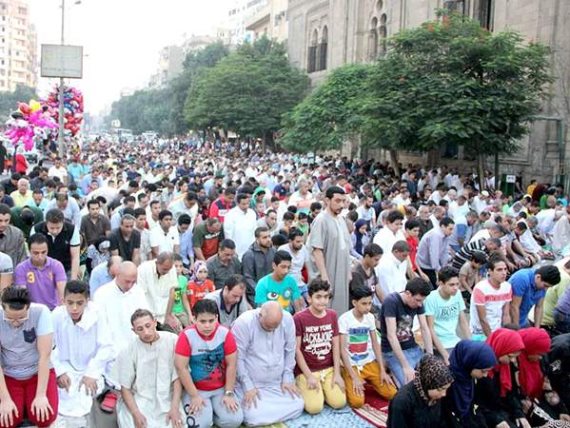
Fasting can impact your sleep during Ramadan, especially affecting REM sleep or deep sleep – which is vital for healthy brain development as it plays a key role in processing emotions and memories as well as dreams.
On average, we need two hours of REM sleep during the night, but during Ramadan, research shows that this type of sleep decreases due to overeating.
Eating later increases your metabolic rate and thus raises your core body temperature, and any changes in your core body temperature can reduce sleep quality.
Here are five tips to work on for a healthier sleep cycle this Ramadan:
New nighttime routine
Before Ramadan, you should set a new bedtime schedule, and try to stick to it while celebrating the holy month.
In this new routine, be sure to include a reasonable bedtime as you probably won’t get seven to nine hours of continuous sleep so try to sleep as long as possible after Iftar and make sure you set a time to wake up and eat.
Exposure to natural light
If you feel tired due to a late bedtime and early waking hour, go outside to open air. Natural light has a powerful effect on your circadian rhythm and can help you feel more alert during the day.
Stay hydrated
Although there isn’t a great deal of research linking more water to better sleep, hydration is key to your health, and drinking less water can lead to spending less time sleeping.
During Ramadan, make sure you include a cup of water in your new bedtime routine.
20-minute nap
If you can during the day, we recommend that you set a nap time no more than 20 minutes, as any more can lead into a deep sleep.
Twenty minutes is enough time to feel refreshed without interrupting your sleep at night.
Watch what you eat
Some people eat foods that are high in calories and sugar after breakfast, but these can overwhelm your digestive system at night as your body tries to digest the meal.
Of course, this will lead to discomfort when trying to sleep – the last thing you want for a good night’s rest. In addition, sugary foods can cause a spike and crash in blood sugar levels.




